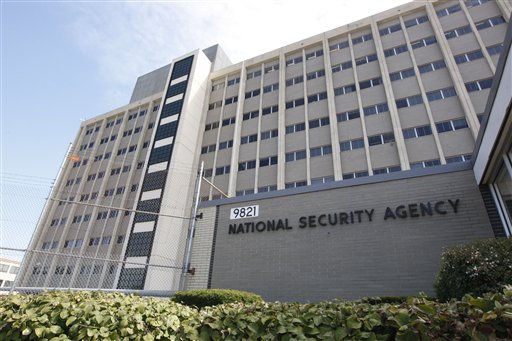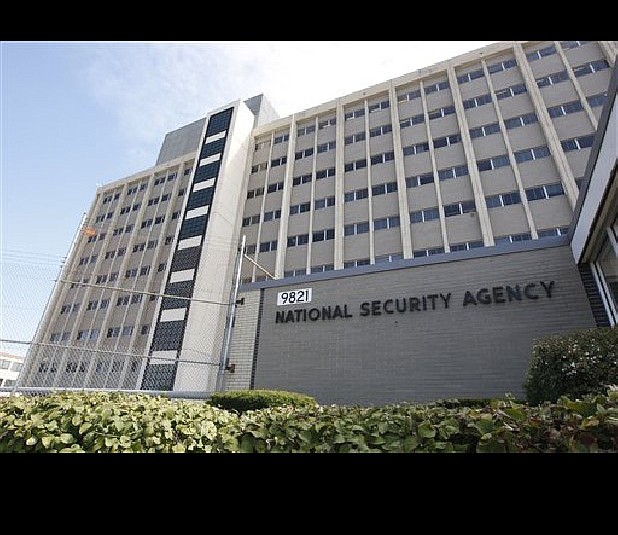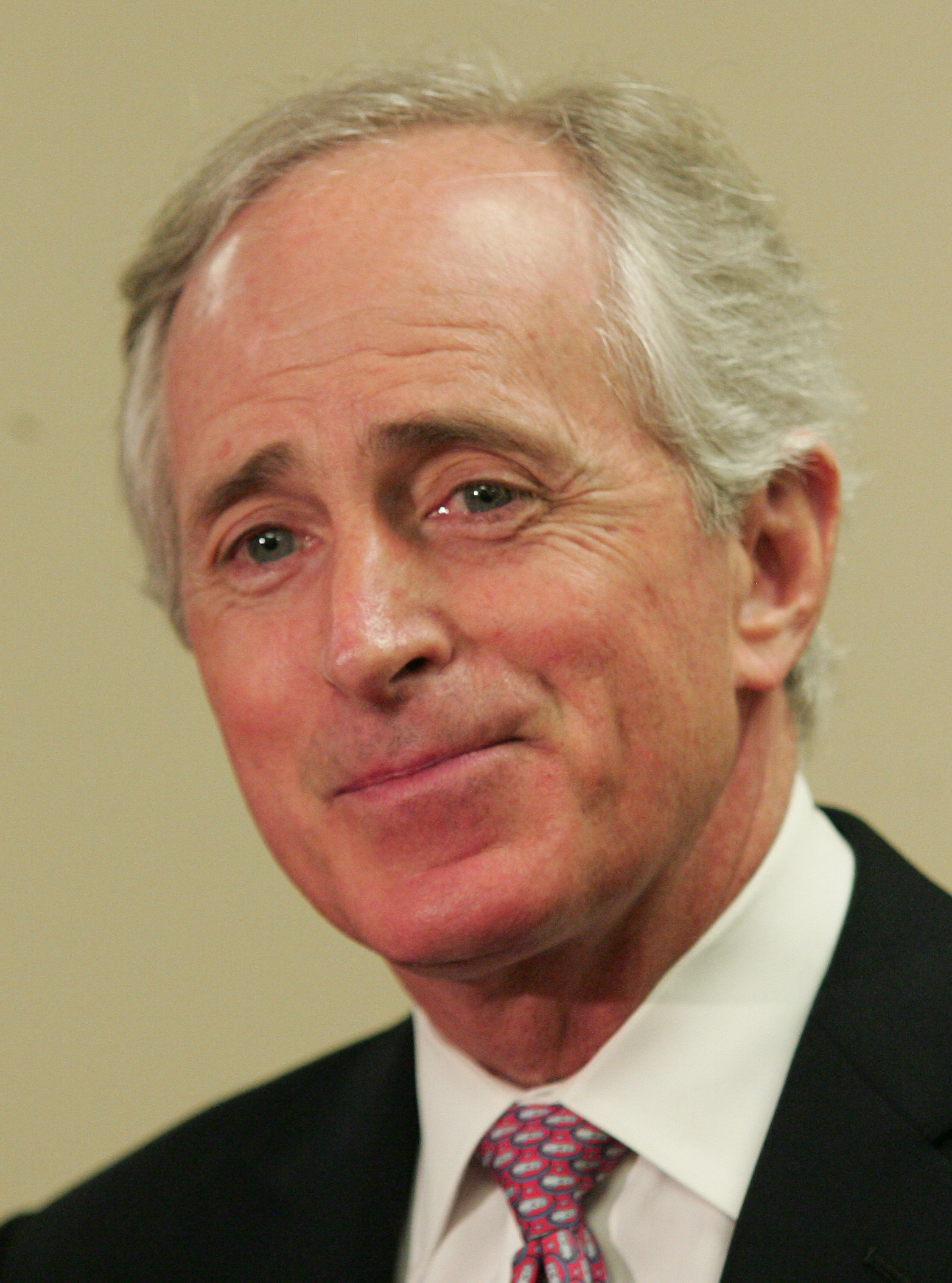 This 2007, file photo, shows the National Security Agency building at Fort Meade, Md. The government is secretly collecting the telephone records of millions of U.S. customers of Verizon under a top-secret court order, according to the Sen. Dianne Feinstein, D-Cailf., chairwoman of the Senate Intelligence Committee.
This 2007, file photo, shows the National Security Agency building at Fort Meade, Md. The government is secretly collecting the telephone records of millions of U.S. customers of Verizon under a top-secret court order, according to the Sen. Dianne Feinstein, D-Cailf., chairwoman of the Senate Intelligence Committee.WASHINGTON - Senators opposed several December initiatives that would have strengthened oversight of the program that reportedly allows the National Security Agency to access America's phone records and computer screens.
On Thursday, U.S. Sen. Bob Corker said it was "troubling" to read the Guardian newspaper's report on the NSA's nationwide roundup of Verizon phone records. The Tennessee Republican claimed to have "no idea" of how much the Obama administration used the Patriot Act to justify collection. Corker later issued a statement calling for "appropriate oversight and protections for the civil liberties of innocent Americans."
Senate Democrats say the former Chattanooga mayor had his chance in December, when he opposed several amendments that would have strengthened protections of civil liberties and privacy. The amendments were offered when the Senate debated the Foreign Intelligence Surveillance Act.
One would have declassified rulings of the secret court that allowed the government's blanket seizure of Verizon records.
Another would have compelled intelligence agencies to notify Congress whenever American communications were picked up during surveillance.
A third amendment would have reauthorized the bill for only three years instead of five, and a fourth would have required the government to get a warrant when seeking electronic information held by third parties.
Corker opposed all those amendments, as did the other five senators from Tennessee, Georgia and Alabama. All of the amendments failed.
In a statement Friday, Corker said: "My support for anti-terrorism provisions has been based on the understanding that our government would be targeting foreign terrorism suspects under strict limits and with appropriate oversight and protections for the civil liberties of innocent Americans."
PATRIOT ACT
Two years before that, Corker and Sen. Johnny Isakson, R-Ga., voted to renew the Patriot Act for five years, joining every Southern senator except Rand Paul of Kentucky.
After the 2011 renewal, Isakson said in a statement the law "protects our country from terrorists while also preserving the civil liberties for our citizens that are at the core of the U.S. Constitution."
Section 215 of the Patriot Act allows the government to seize "any tangible thing" that could be relevant to a terrorist threat. On Thursday, Isakson said he "never voted intentionally" for any bill that gave the government the authority to "monitor" every phone call in the country.
On Friday, Isakson issued a clarification, saying he had learned that the government "is not monitoring phone calls but rather collecting data about phone calls."
"This metadata collection is an authorized activity of the NSA that is being done with the approval of the U.S. Foreign Intelligence Surveillance Court and for the purpose of protecting the American people," Isakson said in a statement.
An Isakson aide said the senator's Thursday statement was made when he was caught in a Capitol hallway and had just heard about initial media reports.
OTHER VIEWS
Georgia Sen. Saxby Chambliss supports the data-mining program. The top Republican on the Senate Intelligence Committee said "detailed information has been made available" to all House and Senate members upon each reauthorization of the Patriot Act.
"To my knowledge there has not been any citizen who has registered a complaint," Chambliss said Thursday, according to Politico. "It has proved meritorious because we have collected significant information on bad guys, but only on bad guys, over the years."
Sen. Lamar Alexander, in his first public statements about the NSA revelations, said the Senate should "diligently examine" the civil liberties issue.
"Several years ago, Congress, in full public view, authorized the National Security Administration to collect information about certain phone calls and Internet activity in order to protect our country from terrorism," Alexander said in a statement. "The question now is whether the Obama administration has exceeded that authority."
Contact staff writer Chris Carroll at ccarroll@timesfreepress.com or 423-280-2025.

